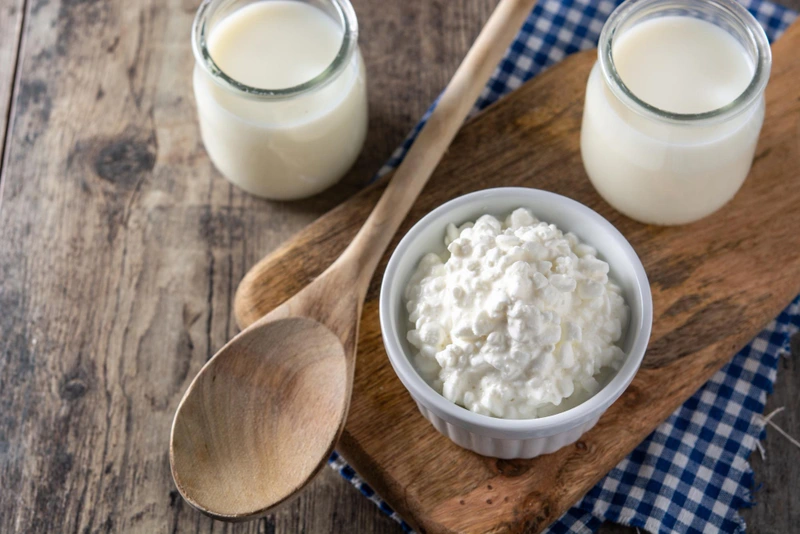- Published on: Apr 01, 2022
- 1 minute read
- By: Second Medic Expert
What’s Causing Pain In My Lower Left Abdomen?
There are many potential causes of pain in the lower left abdomen, and it's important to get checked out by a doctor to determine the cause. Some of the more common causes include:
- Gastrointestinal problems such as constipation, diarrhea, or inflammation of the bowel (colitis)
- Urinary tract infection or kidney stones
- Problems with the reproductive organs such as uterine fibroids, endometriosis, ovarian cysts, or pelvic inflammatory disease
-Appendicitis
-Crohn's disease or other forms of inflammatory bowel disease
-Ulcerative colitis
-Kidney stones or infection
-Liver disease such as hepatitis or cirrhosis
-Pancreatitis
If you are experiencing recurrent or persistent pain in the lower left abdomen, it is important to seek medical attention in order to determine the cause and receive appropriate treatment.
Lower left abdominal pain can also be caused by less serious conditions, such as gas or indigestion. So if you're experiencing pain in your lower left abdomen, it's important to see a doctor to determine the cause and get appropriate treatment.
The pain could be caused by a number of things, such as a urinary tract infection, ovarian cyst, or appendicitis. However, the most likely cause is gastroesophageal reflux disease (GERD). GERD occurs when stomach acid backs up into the esophagus. This can cause a burning sensation in the chest or throat called heartburn. It can also cause pain in the lower left abdomen. Other symptoms of GERD include a sour taste in the mouth, hoarseness, and difficulty swallowing.
It's impossible to know for certain without a physical examination, but it's possible that you might have an infection, such as appendicitis, in your left lower abdomen. Other possibilities could include Crohn's disease, ulcerative colitis, or ovarian cysts. I would recommend seeing a doctor as soon as possible for a diagnosis.
Our Services
Request A Callback
Recent Posts
Is Curd Good or Bad for Acidity?
Aug 02,2025
Can Fatty Liver Be Reversed Completely?
Jul 31,2025
How Your Sleep Schedule Affects Digestion
Jul 28,2025
How to Spot Signs of Hormonal Imbalance in Men
Jul 26,2025
Do You Need a Digital Detox? Signs and Symptoms
Jul 25,2025










